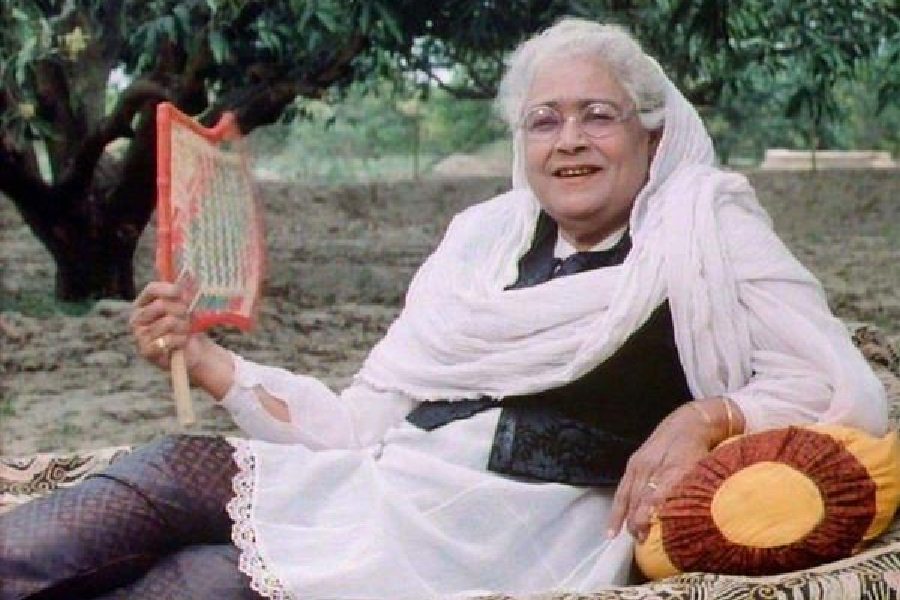Book: In Her Own Words: Letters & Interviews
Author: Ismat Chughtai
Published by: Women Unlimited
Price: Rs 625
Among the fearless, feisty, and unapologetic voices of the 20th century, Ismat Khannum Chughtai did everything she felt was right but society deemed wrong for a woman. And she resisted and persevered till her last breath.
The writer and translator, Tahira Naqvi, has gifted readers a treasure trove of fascinating stories and narratives in the form of an epistolary exploration of someone who was a phenomenon and continues to rattle and delight the consciousness of readers even today. The book is divided into letters and eight interviews. The former section comprises miscellaneous letters — addressed to contemporary authors, editors of popular and not-so-popular Urdu literary magazines as well as journals, filmmakers, actors, and so on — and letters to her family (a special segment is dedicated to her grandson, Ashish Sawhny, and close friends). What emerges from Chughtai’s letters is her razor-sharp critique of socio-political, cultural, and economic realities of the time on the one hand and her unconditional love and empathy for her family and close associates on the other. Her reprimand to Saira Bano (Dilip Kumar’s wife) in a 1982 letter that she never posted is an example of how she could not stand the idea of women’s subjugation and voluntary sacrifice in a marriage on the verge of an inevitable collapse owing to the husband’s affairs. She writes, “Don’t make people pity you.”
Caustic in tone but logical in argument, Chughtai as a writer and Chughtai as a human were exact replicas. She wrote the way she spoke. Recounting her childhood, she says in one of the interviews: “I was the only one who was defiant and wilful. I was always receiving a thrashing, but never bowed my head in obedience.” She could discuss anything under the sun with an energy equal to none. For instance, she would express her opinion on Russian literature and bhagare baingan (eggplant curry) in the same breath and with equal intensity and passion. Male authors of her time considered her views “complicated” and unbecoming of a woman. This was also because they could not counter her in any way; so they used her gender and religion as tools to either tame her or shield themselves from the torrent of her cogent and rational arguments. Be it condemning the practice of sati, her refusal to observe purdah, the rejection of the ‘right’ of a Muslim man to have more than one wife, denunciation of propaganda in the guise of nationalism, and her longstanding wish to “corrupt” every middle-class woman through her writings as a way of challenging patriarchy that compels girls to be “afraid of unknown fears.” Chughtai was more than a human being: her everyday life — private and public — was a tour de force. To be normative or restricted within the labels of a ‘dutiful’ daughter, ‘obedient’ wife, ‘submissive’ lover, ‘conventional’ filmmaker, ‘revered’ teacher et al nauseated her.
A free-spirited soul, Chughtai lived on her own terms. This book is a tribute to that independent woman.

